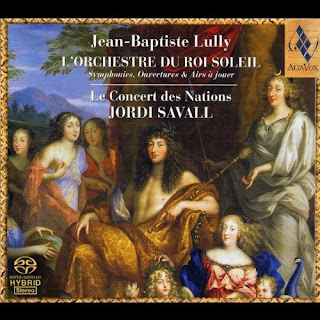Rating: 5/5
Review:
An excellent set
This is an excellent set.
There are now many, many fine recordings of Vivaldi's concertos but I
think these classic versions still sit among the very best.
Whether you like this will depend really on how you like
your Vivaldi. Pinnock takes his usual
vigorous but scholarly approach; a great deal of thought has gone into every
concerto here and there is no sense of churning them out just to make a
saleable disc. The quality of the
soloists is fantastic: Simon Standage, Michaela Comberti, Jaap ter Linden, Lisa
Beznosiuk…the list goes on. It's a
wonderful group of virtuosi but there is never any sense here of
self-aggrandizing pyrotechnics; there's plenty of amazingly virtuosic playing
but it's all done to the service of the music, and it serves it excellently.
So, this isn't flashy, it's just very, very good and to me,
deeply satisfying. As a bargain box set
I don't think you'll do much better; the recorded sound by DG is excellent, the
notes are good and the presentation is attractive and I can recommend this set
warmly.














